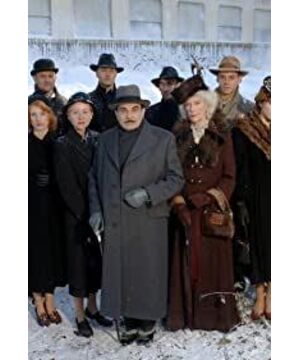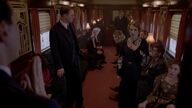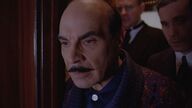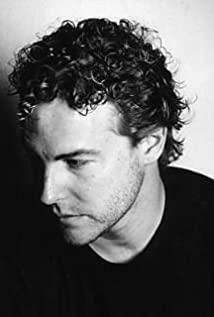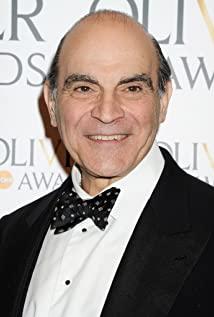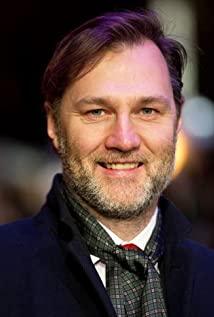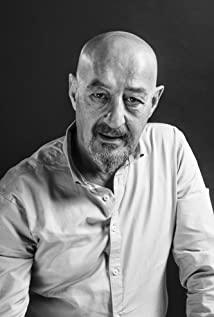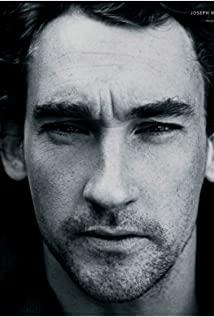Ideally, law is justice, but if the two stand on opposite sides, what should we do?
In this film, I think the director is trying to say that when society is so pathetic, no matter which one you choose, it will be a tragedy.
Those twelve jury of gods, can they really get peace in this life? As Poirot asked the religious woman, can you really get peace from this? Silence, tears.
And what about Poirot? In the end, he chose to let them live, but his tears betrayed him. In his heart, something was collapsing, and that was what he believed in all his life.
I have seen many similar films, such as the Executioner, of course, the Executioner is more extreme. But what I want to say is that everyone has a bottom line. When one's bottom line is repeatedly violated, and there is nothing in the world to protect oneself, such as the law, then how many crazy actions a person will make is possible.
If, if it were me, maybe I would too.
So we mortals can only silently hope that movies are just movies and that none of this will happen. The law is always justice, and we do not need to choose.
But hope may just be hope.
View more about Murder on the Orient Express reviews


